

This guide provides a comprehensive overview of various wood fasteners, helping you select the ideal option for your specific woodworking project. We'll explore different types, their strengths and weaknesses, and best practices for application. Learn how to choose the right fastener for strength, aesthetics, and ease of use.
Nails are a common and cost-effective wood fastener. They come in various sizes, materials (such as galvanized steel, stainless steel, or even brass for decorative purposes), and finishes. Consider the nail's length, diameter, and head type (e.g., common, finishing, brad) based on the wood type and project requirements. For heavier-duty projects, consider using ring-shank or spiral-shank nails for superior holding power. Using the wrong size can lead to splitting, so always choose carefully.
Screws offer greater holding power and are easily removable compared to nails. They are available in various materials (like wood screws, sheet metal screws), head types (Phillips, slotted, Torx), and drive types (self-tapping, machine). Wood screws are specifically designed for joining wood pieces and offer excellent strength. When choosing screws, consider factors such as material, length, diameter, and thread type (coarse or fine) to ensure a secure and lasting connection. Using screws with the correct thread profile helps prevent damage to the wood.
Bolts are ideal for applications requiring high strength and are often used for outdoor projects where durability is crucial. They are typically used with nuts and washers, providing a robust and reliable connection. Choose bolts made of corrosion-resistant materials (like stainless steel) for exterior applications to prevent rust and damage. The strength and durability of bolts make them ideal for applications that will bear significant weight.
Dowels are cylindrical wooden pins used to join pieces of wood, offering a strong and aesthetically pleasing connection, particularly for furniture and cabinetry. They create an invisible join that is attractive and enhances the appearance of the final product. Often used with wood glue for added strength and stability.
Other options include specialized wood fasteners like cam locks, pocket hole screws, and biscuits (also known as wood biscuits or wafer board), each with unique properties and applications. Cam locks provide a strong, quick connection. Pocket hole screws create a strong, concealed join which is quick and easy to make. Biscuits are used in edge-to-edge joinery where strong and consistent glue surface area is crucial.
| Fastener Type | Strength | Removable | Appearance | Cost |
|---|---|---|---|---|
| Nails | Moderate to High | Difficult | Visible | Low |
| Screws | High | Easy | Visible (unless countersunk) | Moderate |
| Bolts | Very High | Easy | Visible | High |
| Dowels | Moderate to High (with glue) | Difficult | Concealed | Low |
Always pre-drill pilot holes for screws to prevent wood splitting. Use the correct size drill bit for the specific screw being used. Choose fasteners appropriate for the wood type and project's intended use. For outdoor projects, select corrosion-resistant materials. Consider the aesthetic impact of the fastener and select a type that complements the overall project design. For high-strength applications, consider using multiple fasteners or reinforcement techniques.
For more information on high-quality wood fasteners and other construction materials, visit Hebei Muyi Import&Export Trading Co.,Ltd. They offer a wide selection of products to suit all your project needs.
1 Information compiled from various manufacturer websites and woodworking resources.

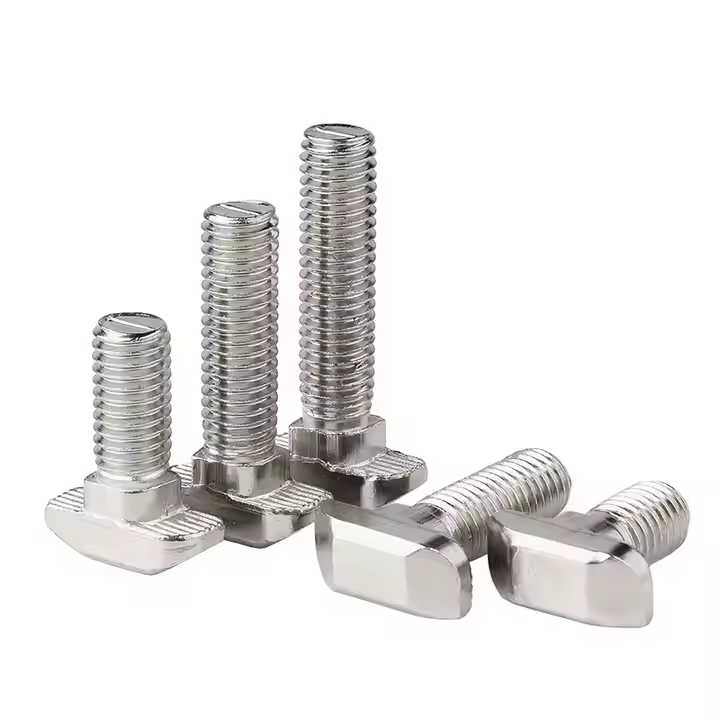
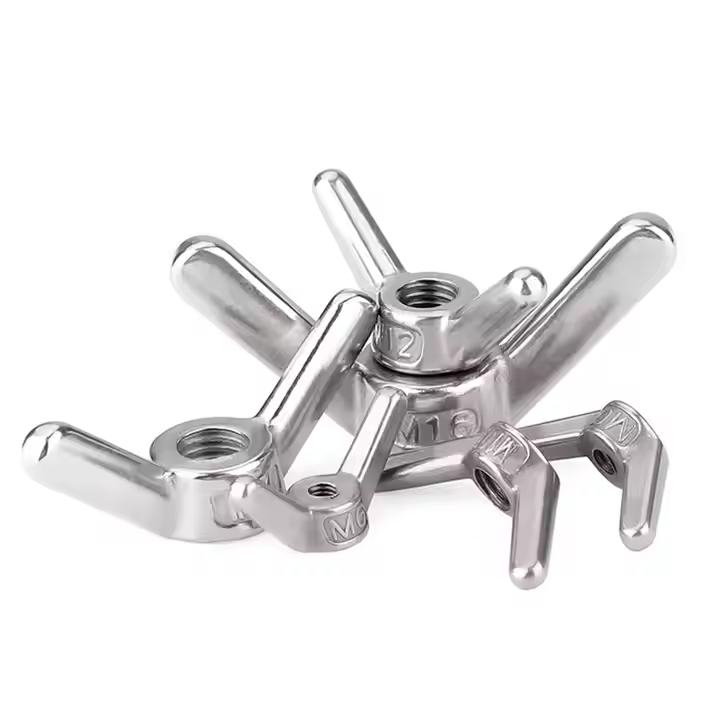
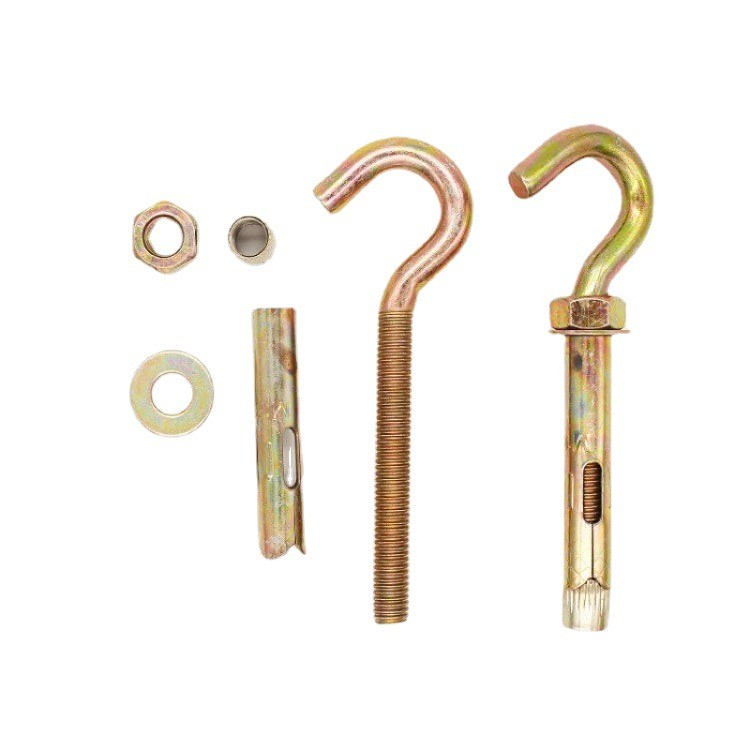




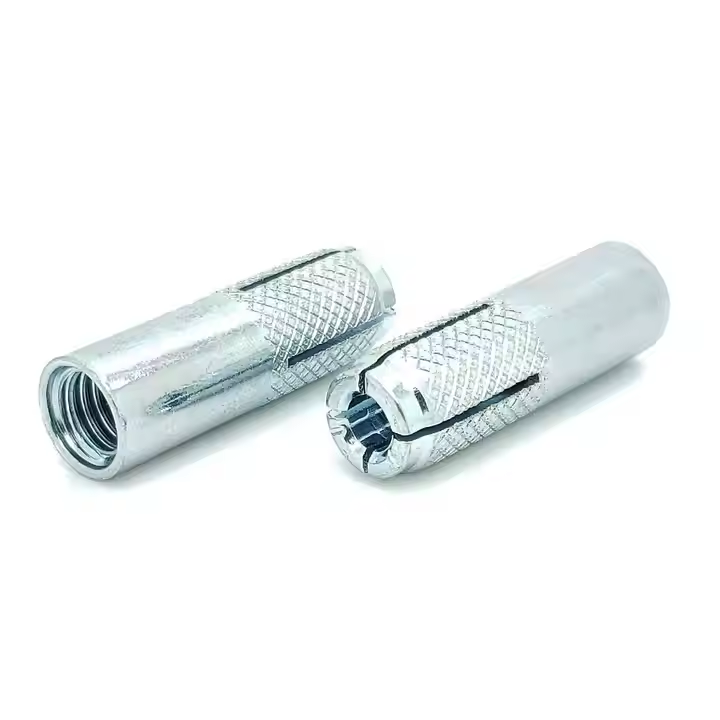
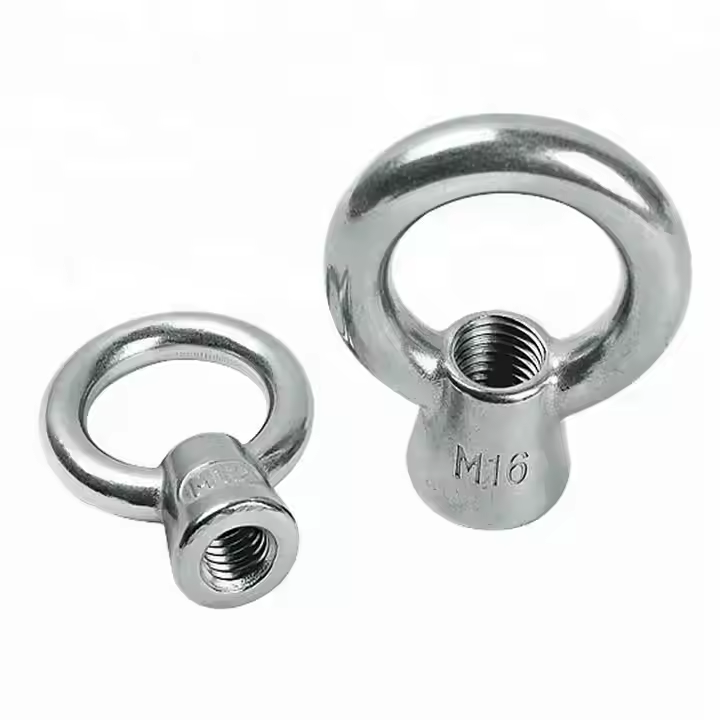

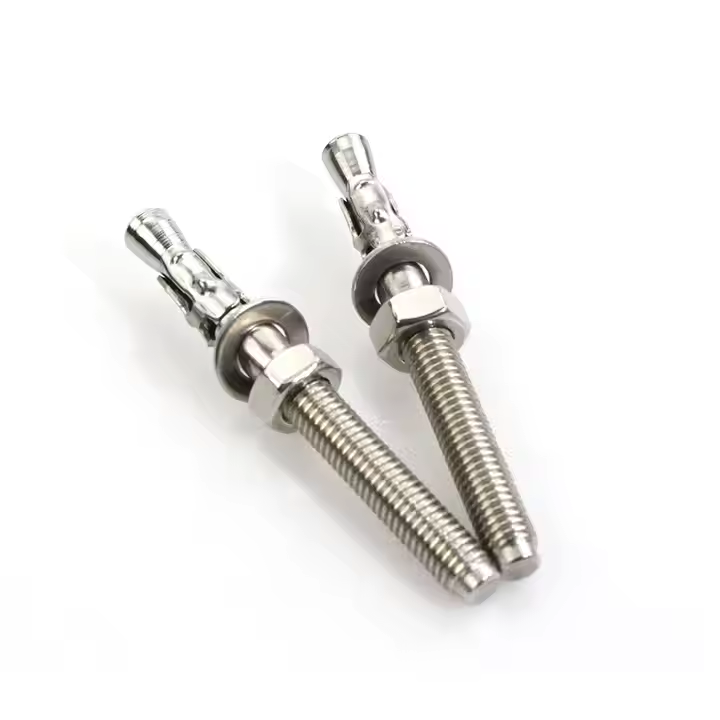

Please enter your email address and we will reply to your email.